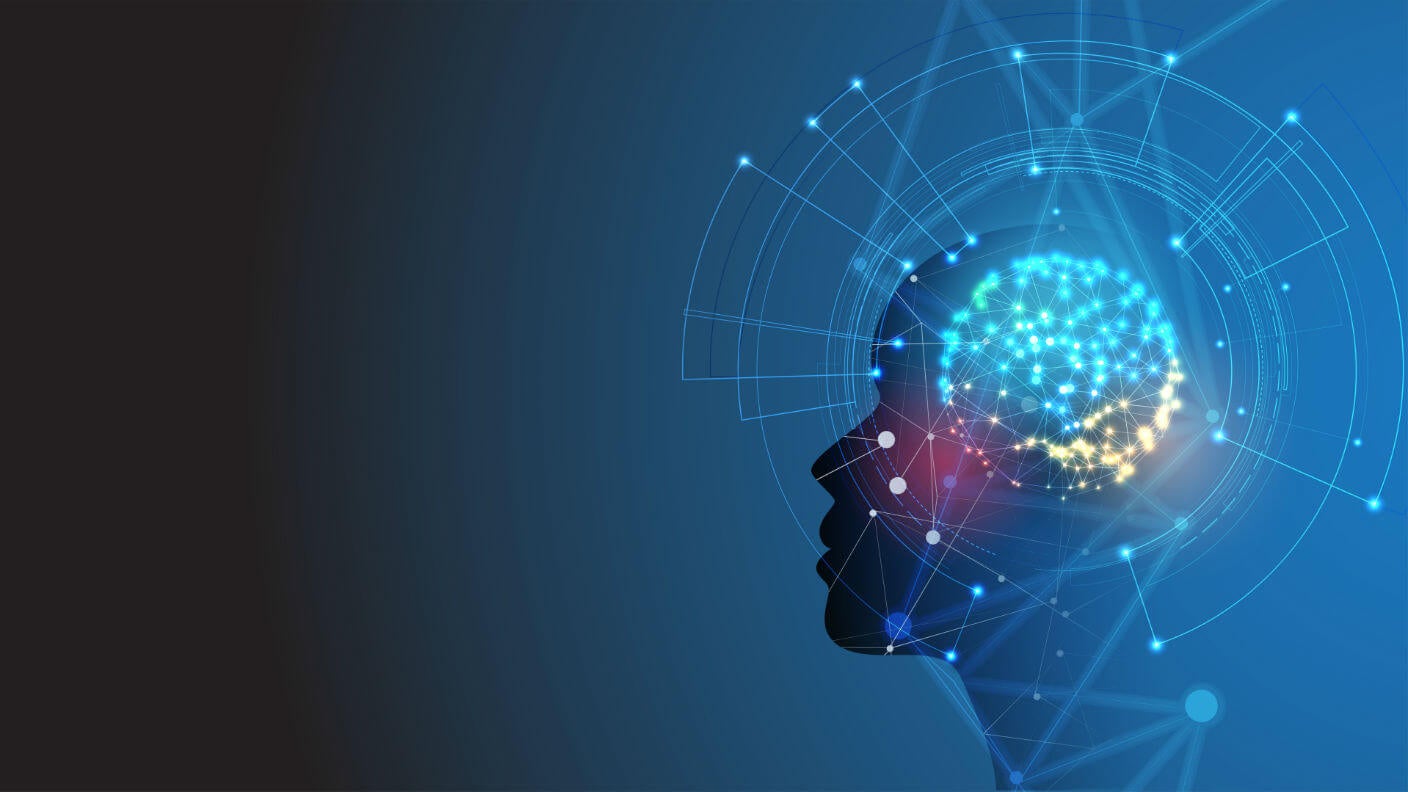
Sensitivity to structure in action sequences: An infant event-related potential study
Sign Up to like & getrecommendations! Published in 2019 at "Neuropsychologia"
DOI: 10.1016/j.neuropsychologia.2017.05.007
Abstract: ABSTRACT Infants are sensitive to structure and patterns within continuous streams of sensory input. This sensitivity relies on statistical learning, the ability to detect predictable regularities in spatial and temporal sequences. Recent evidence has shown… read more here.
Keywords: sensitivity; event related; action sequences; structure ... See more keywords

Discovering Schema-based Action Sequences through Play in Situated Humanoid Robots
Sign Up to like & getrecommendations! Published in 2021 at "IEEE Transactions on Cognitive and Developmental Systems"
DOI: 10.1109/tcds.2021.3094513
Abstract: Exercising sensorimotor and cognitive functions allows humans, including infants, to interact with the environment and objects within it. In particular, during everyday activities, infants continuously enrich their repertoire of actions, and by playing, they experimentally… read more here.
Keywords: schema based; sequences play; discovering schema; action sequences ... See more keywords

Understanding Social Causalities Behind Human Action Sequences
Sign Up to like & getrecommendations! Published in 2017 at "IEEE Transactions on Neural Networks and Learning Systems"
DOI: 10.1109/tnnls.2016.2556724
Abstract: Social causality study on human action sequences is useful and important to improve our understandings to human behaviors on online social networks. The redundant indirect causalities and unobserved confounding factors, such as homophily and simultaneity… read more here.
Keywords: social causalities; understanding social; action sequences; human action ... See more keywords

Understanding User Behaviour through Action Sequences: From the Usual to the Unusual
Sign Up to like & getrecommendations! Published in 2019 at "IEEE Transactions on Visualization and Computer Graphics"
DOI: 10.1109/tvcg.2018.2859969
Abstract: Action sequences, where atomic user actions are represented in a labelled, timestamped form, are becoming a fundamental data asset in the inspection and monitoring of user behaviour in digital systems. Although the analysis of such… read more here.
Keywords: behaviour action; action sequences; user behaviour; action ... See more keywords

Expectations regarding action sequences modulate electrophysiological correlates of the gaze-cueing effect.
Sign Up to like & getrecommendations! Published in 2017 at "Psychophysiology"
DOI: 10.1111/psyp.12854
Abstract: Predictive mechanisms of the brain are important for social cognition, as they enable inferences about others' goals and intentions, thereby allowing for generation of expectations regarding what will happen next in the social environment. Therefore,… read more here.
Keywords: regarding action; expectations regarding; action sequences; gaze cueing ... See more keywords

Interaction between habits as action sequences and goal-directed behavior under time pressure
Sign Up to like & getrecommendations! Published in 2022 at "Frontiers in Neuroscience"
DOI: 10.3389/fnins.2022.996957
Abstract: Human behaviour consists in large parts of action sequences that are often repeated in mostly the same way. Through extensive repetition, sequential responses become automatic or habitual, but our environment often confronts us with events… read more here.
Keywords: goal directed; sequence; action sequences; response ... See more keywords